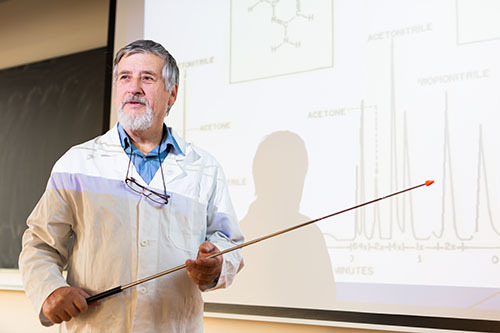
In the profit-above-all-world of digitization and automation, la ética y la naturaleza de profesionalismo parecen ser en cuestión y bajo el ataque de todos los lados. ¿Los nuevos robots en el bloque de proporcionar la misma experiencia y las inteligencias múltiples que esperamos de los expertos humanos? Qué se puede hacer para preservar y fortalecer la calidad de nuestras profesiones?
Hoy en la Parte 2 of our three-part blog mini-series, En busca de profesionales especialistas en ética, Professor Howard Gardner will discuss this important topic and how, En particular, education as a profession is being affected by our rapidly changing world.
Howard Gardner has received numerous honors throughout his lifetime, including a MacArthur prize fellowship. He has honorary degrees from many universities, y ha sido nombrado uno de los 100 intelectuales más influyentes por la revista Foreign Policy and Prospects por su trabajo en el estudio y exploración de la teoría de las inteligencias múltiples. Dirige The GoodWork ™ Project, un esfuerzo a gran escala para identificar individuos e instituciones que ejemplifiquen un buen trabajo.
Howard, how do you view the professional status of educators?
Some sectors of education are clearly professional, por ejemplo, professors (and I am one of them) have higher degrees and receive various kinds of protection in return for the services that they provide. In principle, we professors can also be removed from our positions if we violate the tenets of the academy, por ejemplo, publishing work that has been plagiarized or systematically penalizing students who disagreed with us.
Teachers and administrators in the K-12 sector have the status of professionals in many countries; but it is no secret that many teachers in the public sector in the United States are not treated as professionals and there are powerful pressures nowadays, both economic and political, to de-professionalize K-12 education. These pressures range from efforts to destroy teachers’ unions to the manufacturing of curricula, online and offline, that are deemed ‘teacher-proof’.
So whether or not educators are thinking explicitly about whether they are engaged in a recognized profession, we should be and we should try to raise consciousness about a teaching corps that is highly professionalized.
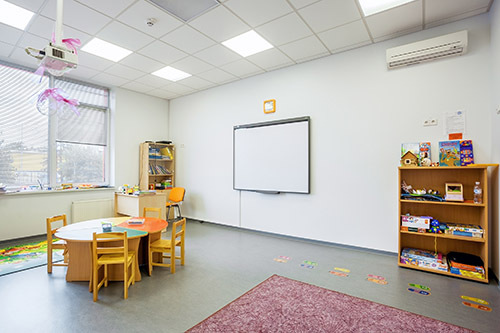
What are the key aspects of professional ethics for educators?
At the core of each profession is a set of values. In the case of education, the values include knowing one’s subject and keeping up with new knowledge; understanding the population(s) with which one is working; passing on the knowledge and values that are central to the community; preparing young people for a future that cannot be fully anticipated; y, most important, treating all students fairly and with dignity.
But what about the issues that current trends in learning present for the education profession?
Ninguno de los “valuable” values I’ve previously mentioned can or should be scrapped. Pero al mismo tiempo, it is imperative that educators realize that many forms of knowledge can be presented digitally and we should welcome the many powerful technological advances of recent decades.
En efecto, I’d like to replace the word ‘education’ with the phrase ‘life-long learning.’ While complexifying our profession, this move both underscores its importance. No longer is education an occupation that solely serves young people from 5 a 20; más bien, it is lifelong, starting at birth and continuing so long as the learner is willing and able. Idealmente, En el futuro, we should think of the range of workers in education, from preschool preceptors to graduate level professor, as members of the same profession.

How important is the compensation factor in the issues facing the K – 12 profesión de la educación?
I certainly believe that all professionals, whether teacher, ministers, abogados, ingenieros, o administradores, should have a decent living. Society owes that to its valued workers.
And for those who say we can’t afford to pay teachers a decent wage, I ask them to consider how much money we spend on national defense each year and the size of salaries and bonuses that are paid each year to the many thousands who work on Wall Street.
Though criticisms of Teach for America have some validity, I’ve been a fan of that organization and others like it. We need to attract talented young college graduates to the profession of education and TFA has succeeded in this respect. But if we want to keep talented teaching novices in the profession, and help them become seasoned professionals, then we need both a viable career path y a salary scale that allows teachers to lead a decent middle class life. We know that this can be done because it is being done in countries as different from one another as Finland, Polonia, and Singapore.
In the United States today, we are making a fundamental error, indeed a fatal error, by evaluating individuals by the amount of money that they make. This is the biggest change in American society over the last half century: En el medio del siglo 20, professionals were comfortable but did not expect to live like millionaires. That situation has changed fundamentally and is the single biggest threat to a society that wants, en efecto, that needs, to have cohorts of competent professionals. It’s a reason that I do not favor for-profit educational systems. Once the principal, if not the only, purpose of education becomes the achievement of profit, then the other values are ultimately undermined.
How are compensation issues affecting higher education?
Though less in the public eye than K-12 education, our colleges and universities are also posing big threats to the education profession. More and more teaching is done by adjuncts, who move from one campus to another each day and who barely eke out a living. These individuals – who work so hard and get neither adequate compensation nor reasonable respect, have great difficulty in behaving like professionals, even if they aspire to do so.
On the other end of the spectrum, those fortunate enough to hold tenured positions in elite institutions often direct their primary allegiance to their discipline and their disciplinary colleagues scattered around the world, and not to their students or to the particular institutions in which they work. And some of them chase money as much as do their peers in law or medicine. I especially deplore the huge salaries paid to presidents, athletic coaches, and those who manage the endowments. Though technically working at non-profit institutions, these individuals are as market-driven as those who work in the for-profit world.
It has taken centuries for the United States to develop a set of colleges and universities that have justifiably been admired all over the world. And it would indeed be tragic if these institutions were to be undermined by de-professionalization of faculty and others in leadership positions.
And so there is much to be done if we want to establish and maintain a genuine profession of education, or indeed a family of professions.
In Howard’s final blog in this series, he will share his recommended steps on becoming ethical professionals.
(Todas las fotos son cortesía de Shutterstock y CMRubinWorld)
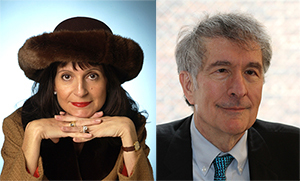

Únete a mí y reconocidos a nivel mundial los líderes de opinión, incluyendo a Sir Michael Barber (Reino Unido), DR. Michael Bloquear (EE.UU.), DR. Leon Botstein (EE.UU.), Profesor Clay Christensen (EE.UU.), DR. Linda Darling-Hammond (EE.UU.), DR. MadhavChavan (India), El profesor Michael Fullan (Canada), El profesor Howard Gardner (EE.UU.), El profesor Andy Hargreaves (EE.UU.), Profesor Yvonne Hellman (Países Bajos), Profesor Kristin Helstad (Noruega), Jean Hendrickson (EE.UU.), Profesor Rose Hipkins (Nueva Zelanda), Profesor Cornelia Hoogland (Canada), Honorable Jeff Johnson (Canada), Señora. Chantal Kaufmann (Bélgica), DR. EijaKauppinen (Finlandia), Secretario TapioKosunen Estado (Finlandia), Profesor Dominique Lafontaine (Bélgica), El profesor Hugh Lauder (Reino Unido), Señor Ken Macdonald (Reino Unido), Profesor Geoff Masters (Australia), Profesor Barry McGaw (Australia), Shiv Nadar (India), Profesor R. Natarajan (India), DR. PAK NG (Singapur), DR. Denise Papa (Estados Unidos), Sridhar Rajagopalan (India), DR. Diane Ravitch (EE.UU.), Richard Wilson Riley (EE.UU.), Sir Ken Robinson (Reino Unido), Profesor Pasi Sahlberg (Finlandia), El profesor Manabu Sato (Japón), Andreas Schleicher (PISA, OCDE), DR. Anthony Seldon (Reino Unido), DR. David Shaffer (EE.UU.), DR. Kirsten Immersive Are (Noruega), Canciller Stephen Spahn (EE.UU.), Yves Theze (LyceeFrancais EE.UU.), Profesor Charles Ungerleider (Canada), Profesor Tony Wagner (EE.UU.), Sir David Watson (Reino Unido), Profesor Dylan Wiliam (Reino Unido), DR. Marcos Wormald (Reino Unido), Profesor Theo Wubbels (Países Bajos), El profesor Michael Young (Reino Unido), y el profesor Zhang Minxuan (De China) a medida que exploran las cuestiones de educación cuadro grande que todas las naciones se enfrentan hoy.
La Búsqueda Global para la Educación Comunitaria Página
C. M. Rubin es el autor de dos ampliamente leído serie en línea por la que recibió un 2011 Premio Upton Sinclair, “La Búsqueda Global para la Educación” y “¿Cómo vamos a Leer?” Ella es también el autor de tres libros más vendidos, Incluido The Real Alice in Wonderland, es el editor de CMRubinWorld, y es una Fundación Disruptor Fellow.
Siga C. M. Rubin en Twitter: www.twitter.com/@cmrubinworld



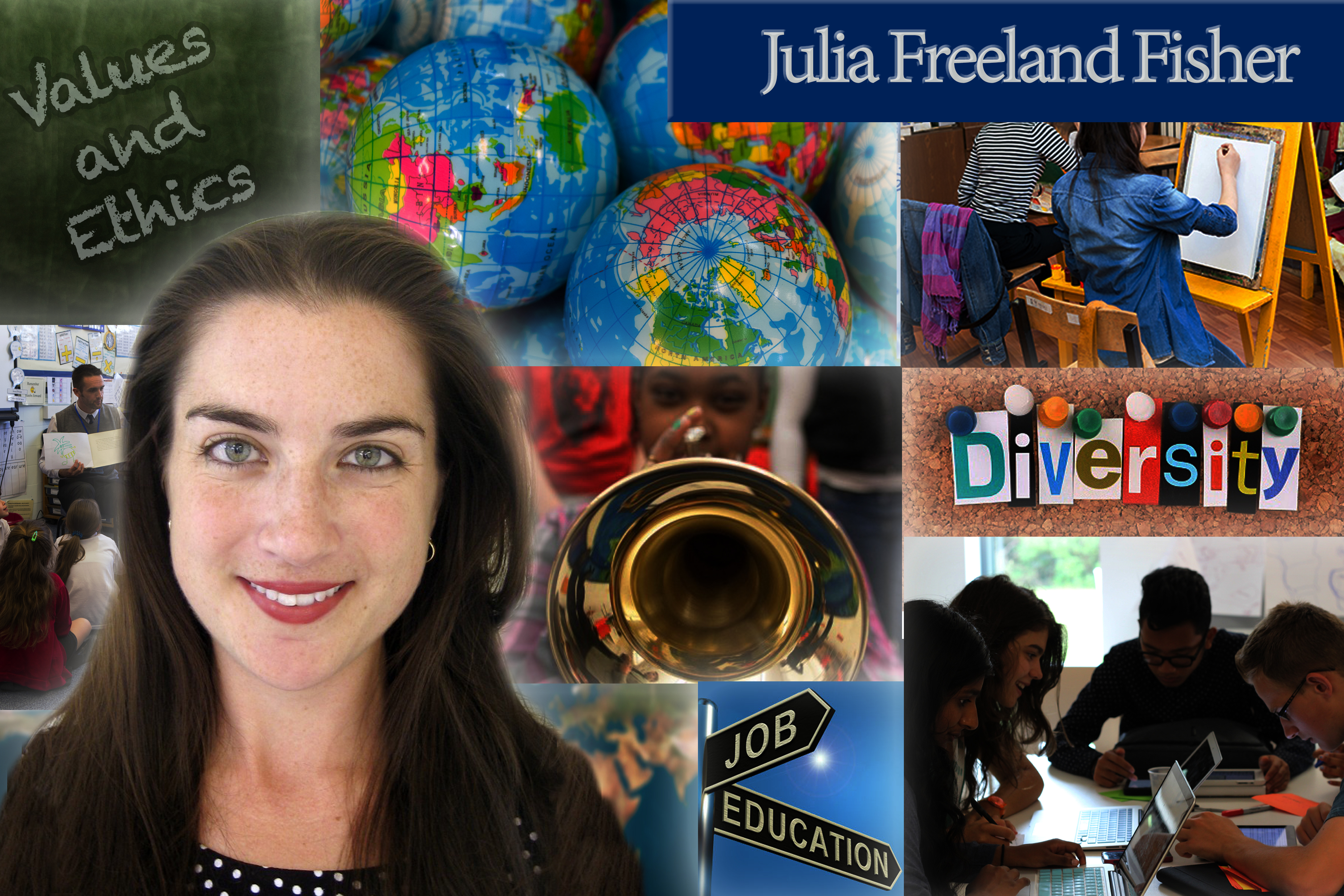
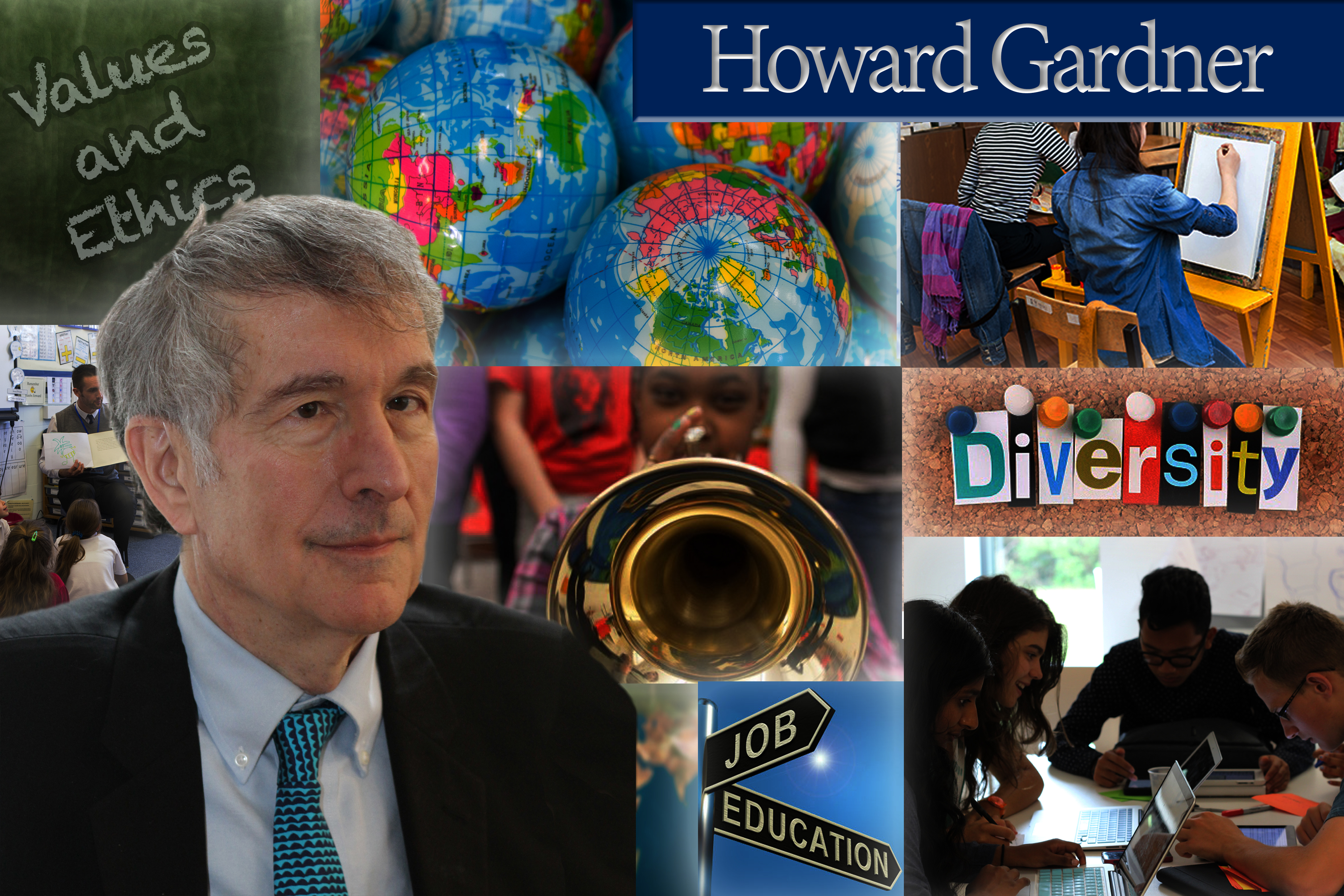
Comentarios recientes